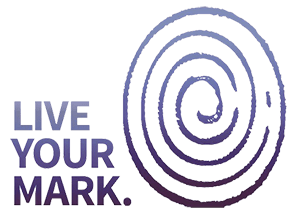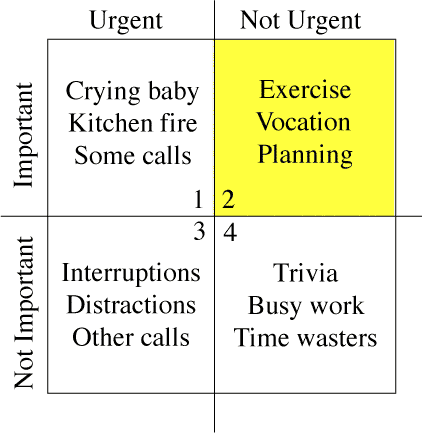
According to friends, I wore the same expression during my undergraduate Thesis days…
“Avoid Procrastination.” It’s easy enough to say, but it’s only words. Everyone is subject to bouts of procrastination because our brains are programmed that way. It’s all about instant gratification. We cannot easily reconcile to work hard now for gains in the future. There’s simply no pleasure in it. However, watching snake attack (don’t do it!!) or cute cat videos are entertaining now and there’s little effort involved. It’s called present bias and it refers to our tendency to give stronger weight to payoffs that are closer to the present time rather than future moments.[1]
There are times when it is downright impossible to get me motivated to do a particular thing, and so the task is put off. To be reluctant to do a dirty or dull job is understandable enough, but sometimes I can’t bring myself to even do tasks that I was looking forward to doing. After a certain interval, procrastination sets in as a habit. It almost became my way of life. Why do it now, when I can do it later, or never?
Procrastination is one of the main impediments to productivity that I had ever faced. When ingrained as a habit, my procrastination became crippling. Rushing out term papers the day it was due became my norm and more than once, I submitted papers late. This is why there are a host of articles both in print and online devoted to the subject (much like this one). Of course I would know…I’ve read them all, while conveniently procrastinating. Often, these essays identify the main tendencies toward procrastination and how to combat them, offering endless advice on developing effective ways to be productive. Others key their approach on a more personal level, outlining how anyone can develop habits for a successful life.
Business-oriented articles discuss how to manage your workload effectively as an approach for both employees and managers to adopt. These pieces often recommended a corporate training program to help defeat bad habits which impede effective work. Basically, all the tips to stop procrastination boil down to three basic points:
- recognizing the problem,
- understanding the problem, and
- developing a technique for setting and achieving goals in easy to execute steps.
Identifying the indicators of my procrastination behavior was simple enough. It’s when small, mundane or pointless tasks filled up my schedule, such as checking e-mails several times a day, lurking on YouTube for hours, going for long strolls to ‘clear’ my already blank mind or just eating at far too regular intervals. Other signs included my tendency to wait to be in the ‘proper frame of mind’ to do some real work, which I always told myself, would make up for all the time I had already wasted.
As for the why, I could attribute it to many causes. From the feeling of being trapped in an unpleasant, disorganized work environment, to simply being overwhelmed by the sheer amount of work that faced me. Sometimes, thinking about all the work I had made me tired and I’d then convince myself to take a nap instead. These reasons all combined to sap away any will I have to simply get down to doing work.
So, when I finally got down to defeating these negative traits, I used US President Dwight Eisenhower’s approach. I categorized my tasks in order of urgency and importance. A similar concept is also outlined in Stephen Covey’s 7 Habits of Highly Effective People (see sample below). That way, setting and completing goals became more manageable. It was slow and painstaking work, sort of like climbing up a mountain. You can’t rush it, but the trick is not to think about all of it at once and instead take it one step at a time. I developed personal rewards for accomplishing each task at hand and that motivated me to keep going.
Example of a Time Management Matrix
What really pushed me to find my inner motivation to getting things done, however, is attending a Life Coaching program almost 2 years ago. The Courage to Create™ is one of many personal development courses out there that got me to discover and connect to my inner self and drive from within. Unlike motivational seminars out there, this coaching program supported me to find out what has been holding me back from living out my fullest potential on a deeper level. There was no external “rah-rah” high that other seminars feature (which are usually dependent on the energy levels of the course leaders) – there was real work being done to get to the root of the issue that I was facing. I would highly recommend The Courage to Create™ to people who find it extremely challenging to identify and overcome their procrastination patterns.
Like all bad habits, procrastination is a difficult one to break. Good habits, on the other hand, can be cultivated and bring about a transformative effect for the better. So, the next time you find yourself blocked by your inability to get important tasks done, don’t beat yourself up. Our brains need help. Take it one step at a time and your to-do list will thank you for it.
[1]https://www.anderson.ucla.edu/faculty/keith.chen/negot.%20papers/ODonoghueRabin_DoingNowOrLatter99.pdf
Related articles:
• How to live an authentic and successful life
• How to create a life you love
• How can a person grow through coaching?

Trendy Tan
Marketing Manager
Trendy is constantly engaged in a battle with the procrastination monster. Thanks to life coaching, the monster doesn’t seem that ominous anymore. She loves hunting for food places, travelling, jazz music and playing video games.

